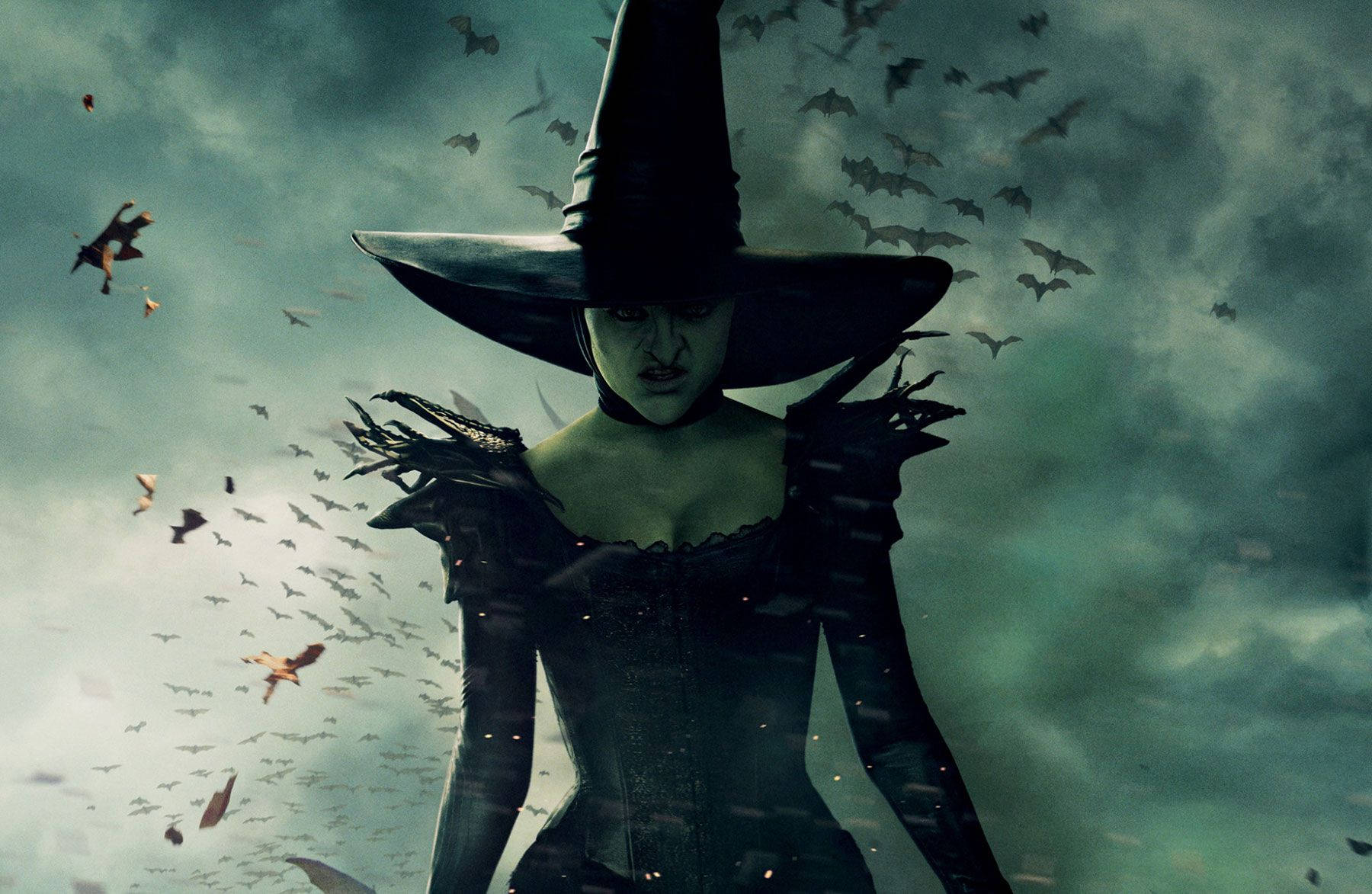
FAQ About Magic in the Middle Ages
Magic in the Middle Ages
2 years ago | gizem
Were there any famous medieval magicians or sorcerers?
Yes, the medieval period had its fair share of individuals who were renowned as magicians or sorcerers, often achieving fame or notoriety for their alleged supernatural abilities. While their reputations were sometimes exaggerated or distorted by legends and folklore, these figures left a lasting impact on the cultural imagination of the time. Here are a few famous medieval magicians and sorcerers:
- Albertus Magnus (1193-1280): Also known as Saint Albert the Great, he was a prominent medieval philosopher, theologian, and alchemist. Albertus Magnus was associated with various occult practices and was considered an authority on alchemy and natural magic.
- Roger Bacon (c. 1214-1292): An English philosopher and Franciscan friar, Roger Bacon is often credited with early experimental scientific methods and the use of alchemical and occult practices.
- Paracelsus (1493-1541): Although he lived in the late medieval and early modern period, Paracelsus was a significant figure in the history of alchemy, medicine, and occultism. He incorporated mystical and astrological beliefs into his medical and alchemical theories.
- John Dee (1527-1609): An English mathematician, astrologer, and alchemist, John Dee served as an advisor to Queen Elizabeth I and was known for his work in astrology, occult philosophy, and communication with angels through scrying.
- Cagliostro (1743-1795): Born Giuseppe Balsamo, Cagliostro was an adventurer and self-proclaimed magician who traveled through Europe claiming to have magical powers and knowledge of alchemy and the philosopher's stone.
- Cornelius Agrippa (1486-1535): A German occult philosopher and writer, Cornelius Agrippa's works on magic, occultism, and the Cabala had a significant influence on subsequent generations of occultists.
- Michael Scot (1175-1235): An astrologer, scholar, and translator, Michael Scot was renowned for his expertise in astrology and his translations of Arabic texts on magic and astrology into Latin.
- Hildegard of Bingen (1098-1179): While primarily known as a visionary and mystic, Hildegard of Bingen was also associated with the practice of natural magic and healing through herbal remedies.
